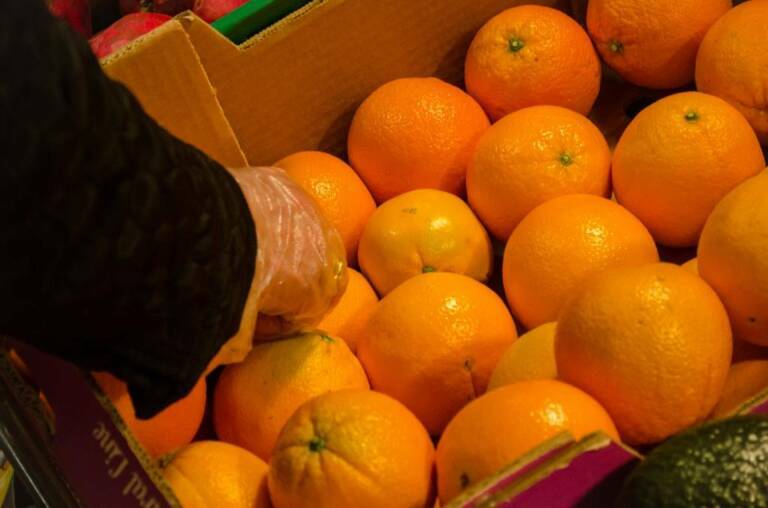EU intensifies imports controls on Egyptian oranges
The European Union has strengthened controls on imports of Egyptian oranges and other foods from different countries, according to a regulation published in the Official Journal of the EU.
In the case of consignments of peppers and oranges from Egypt, due to the detection of a high rate of non-compliance with requirements regarding contamination by pesticide residues, the frequency of physical controls has been increased to 30% of the consignments of these goods entering the EU.
Similarly, with Egyptian cherimoya and moringa pods from India, controls will have a frequency of 20% of the items.
A high non-compliance rate regarding pesticide residue contamination has also been observed during official controls on consignments of rice, guava and cumin seeds from India, which will be subject to a control frequency of 10, 30 and 20%, respectively.
In addition, the frequency of controls on consignments of peanuts from Egypt is increased to 30% due to non-compliance with the standards regarding contamination by aflatoxins, the same percentage to which controls on oranges from Turkey are increased due to contamination by pesticide residues, among other products.
After analysing the food alerts and the results of official controls, the European Commission has decided to modify the entry requirements for peppers from the Dominican Republic, whose consignments no longer have to be accompanied by a certificate with the data from the sampling and analysis, although a frequency of controls is established at 50% of imported items.
There are also changes in the importation of other products such as peanuts from the Gambia, locust beans and guar gum from India, noodles from South Korea, green papaya from Mexico, peppers from Pakistan, and pomegranates and pistachios from Turkey.



